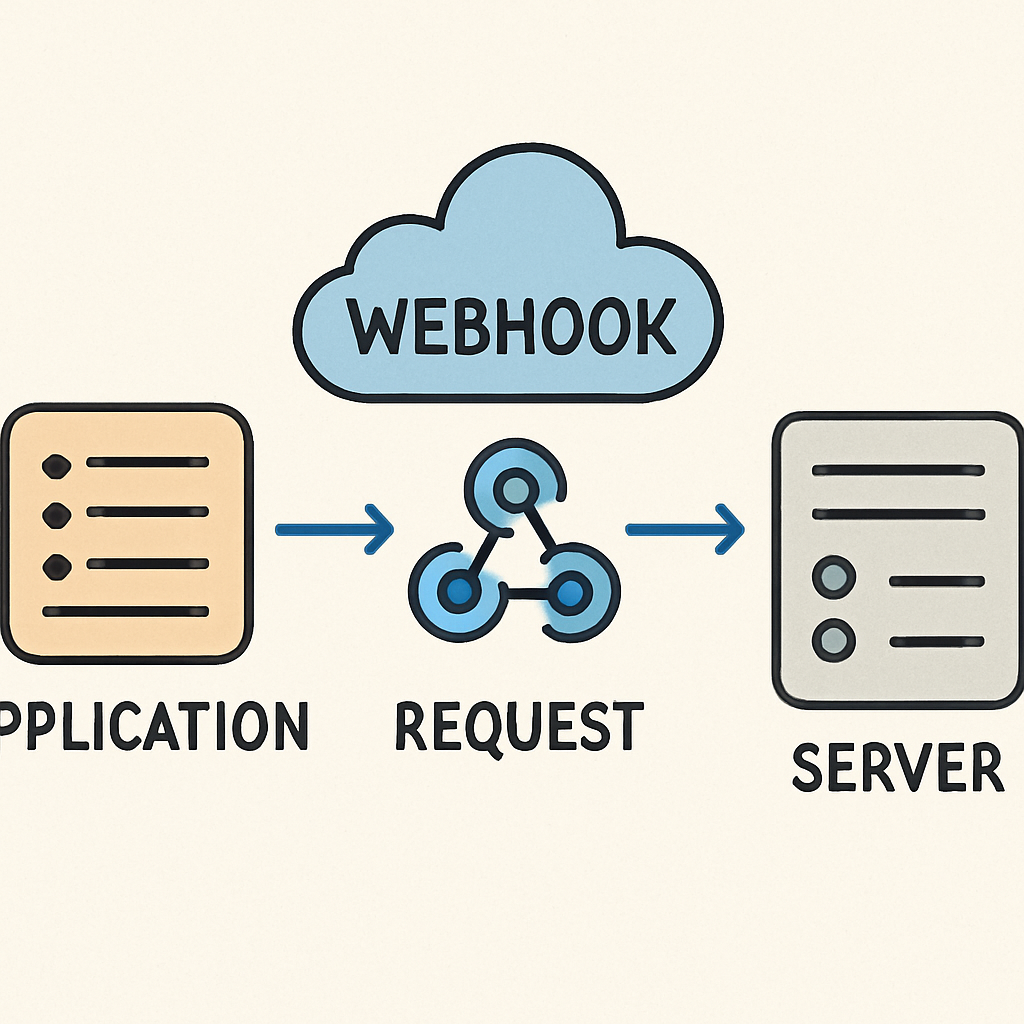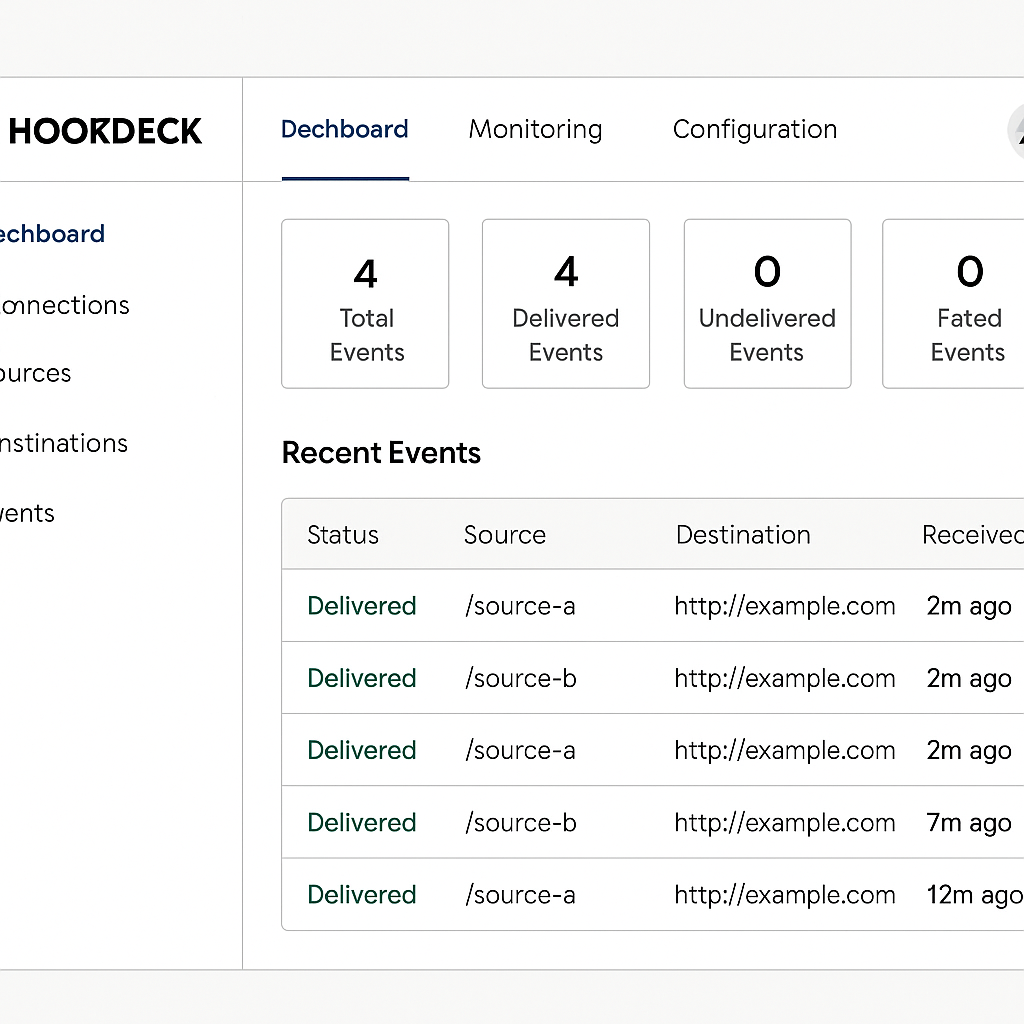In today's fast-paced tech landscape, efficient data transfer is crucial. Webhooks play a vital role in this process. They enable real-time communication between systems, enhancing automation and operational efficiency.
Open source webhook management solutions offer flexibility and customization. They reduce reliance on proprietary software, providing cost-effective alternatives. These tools are essential for software development teams aiming to streamline integration processes.
Choosing the right webhook management tool can significantly impact project timelines. It ensures smooth collaboration among team members. This guide explores top open source solutions, helping you make informed decisions.

Discover how these tools can transform your workflow. Enhance your team's productivity and project delivery with the right webhook management solution.
Understanding Webhook Management: Why It Matters
Webhooks enable automated, real-time data exchanges between systems. This capability streamlines operations and boosts efficiency. Unlike traditional APIs, webhooks push updates as they occur, reducing polling overhead.
Efficient webhook management reduces integration complexity. It ensures data flows smoothly, minimizing delays and errors. Proper management tools can drastically cut integration time and enhance project delivery.
Open source solutions offer transparency and control. They allow teams to tailor tools to fit specific needs, fostering innovation and efficiency. These solutions can be more reliable due to active community support.
Key benefits of webhook management include:
- Real-time data synchronization
- Increased automation and efficiency
- Enhanced system integration and collaboration
Key Features to Look for in Open Source Webhook Management Tools
Selecting the right webhook management tool involves several considerations. Critical features can make a significant difference in integration success. Choosing wisely ensures better system performance and reduced errors.
Scalability is paramount for handling high webhook traffic. Your chosen tool should manage peaks without compromising performance. This ensures reliability and maintains efficiency under varying loads.
Look for features that enhance security and ease of use. Tools with IP whitelisting and token-based authentication are essential. These improve security and simplify data protection.
Key features to prioritize include:
- Scalability
- Robust security features
- Ease of integration
- Active community support
Top Open Source Webhook Management Solutions
Implementing the right webhook management solution can transform your integration processes. By adopting open source tools, you gain flexibility and control. This can significantly improve collaboration and reduce project delays.
Hookdeck
Hookdeck stands out with its intuitive user interface. It's designed to streamline webhook traffic management. Its robust features cater to both small and large teams.

Hookdeck offers:
- Real-time monitoring
- Easy error tracing
- Integration with existing tools
Consider Hookdeck if simplicity and strong support are your priorities.
Svix
Svix provides a comprehensive webhook solution. It includes advanced retry mechanisms and security features, making it highly reliable.

Its features include:
- Customizable retry logic
- End-to-end encryption
- Scalable infrastructure
Svix is perfect for teams needing a robust, secure solution.
Webhook Relay
Webhook Relay is known for its ease of use. It's a straightforward solution ideal for smaller projects or quick deployments.
Its key offerings are:
- Simple setup
- Real-time analytics
- Cost-effective plans
Webhook Relay is an excellent choice for those needing simplicity and efficiency without extensive configuration.
Other Notable Tools
Several other tools deserve attention. Each has unique strengths and features that cater to different needs.
Consider these options:
- Jitsu for comprehensive analytics
- Dripline for event-driven architecture
- Kinto for customization capabilities
These tools are worth exploring for their specialized features and capabilities.
Best Practices for Integrating Webhook Management Tools
Successful integration requires careful planning and execution. Start by assessing your existing architecture to ensure compatibility. Understand how webhooks will fit into your processes.
It's crucial to test webhook implementation in a staging environment first. This helps identify potential issues without affecting live operations. Automation tools can assist in this testing phase.
Consider these best practices:
- Clearly define event triggers and endpoints
- Ensure proper security measures (e.g., token authentication)
- Keep detailed logs for monitoring and debugging
Following these practices can significantly enhance the efficiency and security of your integrations.
Choosing the Right Solution for Your Team
Selecting the ideal webhook management tool depends on your team's specific needs. Consider factors like your existing infrastructure and project scale. You should evaluate both the feature set and the cost-effectiveness of each solution.
Key considerations include:
- Ease of integration with current systems
- Scalability to handle webhook traffic volumes
- Community support and documentation quality
By focusing on these elements, you can choose a tool that enhances your team's productivity and meets long-term goals.
Conclusion: Streamlining Integration and Collaboration
Open source webhook management solutions can significantly improve team collaboration and system integration. By adopting the right tools, you can enhance data flow and automation in your projects.
Efficient webhook management not only reduces project delays but also boosts operational efficiency. With the right approach, your team can achieve smoother workflows and better project outcomes.
